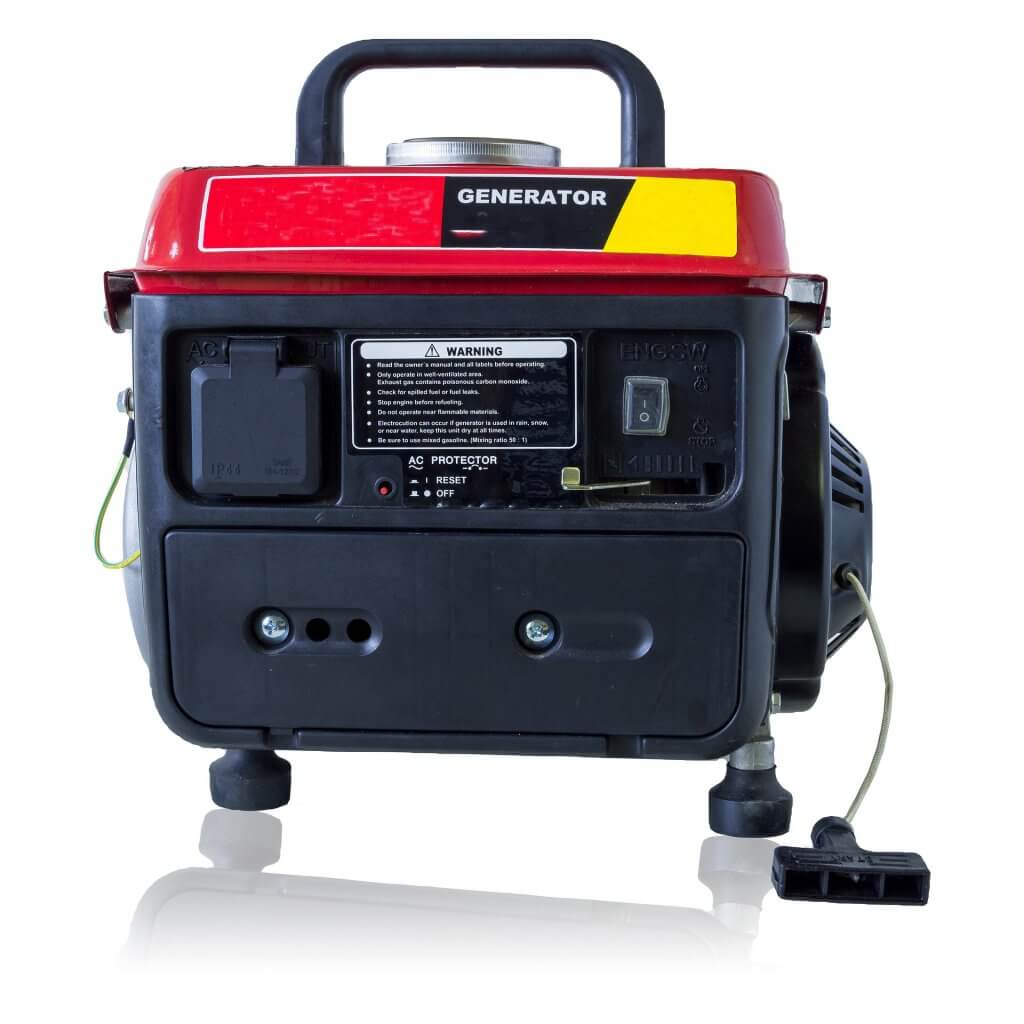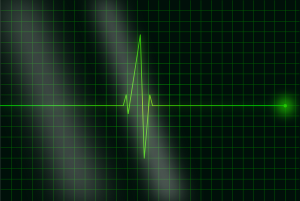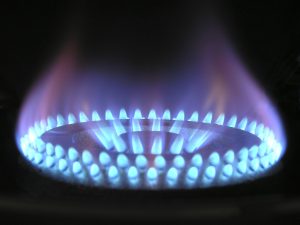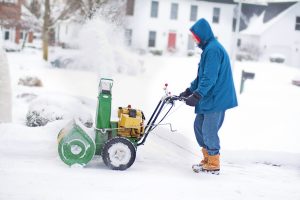Portable Generator Safety Tips
Portable generator usage can be a blessing when the power goes out. In the aftermath of Tropical Storm Isaias which left millions of folks without power for long periods of time (some of which are still waiting for their homes to be reconnected), many turned to portable generators to keep the lights on. While portable standby generators can come in handy during long-term power outages; if you do not know how to use them properly, they can be dangerous. The following safety tips will help ensure that you install and use portable generators safety.
- Never use a generator indoors or in enclosed spaces, such as garages, crawl spaces and basements. Generators give off deadly carbon monoxide (CO). Open windows and doors may NOT prevent CO from building up when a generator is located in an enclosed space. Always operate it outdoors in an area with plenty of ventilation.
- Make sure a generator has three to four feet of clear space on all sides and above it to ensure adequate ventilation.
- Do not use a generator outdoors if its placement near doors, windows or vents could allow CO to enter and build up in enclosed spaces.
- Never attach a generator directly to the electrical system of a structure, such as a home, office or trailer, unless a qualified electrician has properly installed the generator with a transfer switch. Attaching a generator directly to a building electrical system without a properly installed transfer switch can energize wiring systems for great distances. This creates an electrocution risk for utility workers and others in the area.
- Do not plug a generator into the wall to avoid back feed. Always plug electrical appliances directly into the generator using the manufacturer’s supplied cords or extension cords that are grounded (3-pronged). Inspect the cords to make sure they are fully intact and not damaged. Never use frayed or damaged extension cords, and ensure cords are appropriately rated in watts or amps for the intended use. Do not use underrated cords—replace them with appropriately rated cords that use heavier-gauge wires. Do not overload a generator. Doing so can lead to overheating, which can create a fire hazard.
- Make sure a generator is properly grounded and the grounding connections are tight. Consult the manufacturer’s instructions for proper grounding methods.
- Turn the generator on before plugging appliances to it. Once the generator is running, turn your appliances and lights on one at a time to avoid overloading the unit. Remember, generators are for temporary usage; prioritize your needs.
- Keep your kids and pets away from portable generators. Many generator components are hot enough to burn you during operation.
- If you need to refuel, make sure the generator is turned off and cool to the touch before refueling.
- Keep the generator dry. Do not use it in the rain or in wet conditions. If needed, protect a generator with a canopy. Never manipulate a generator’s electrical components if you are wet or standing in water.
We at Security Specialists Want You and Your Employees to Stay Safe and Secure When Working With Electricity!











